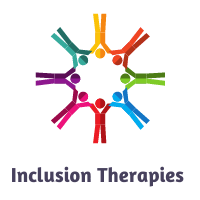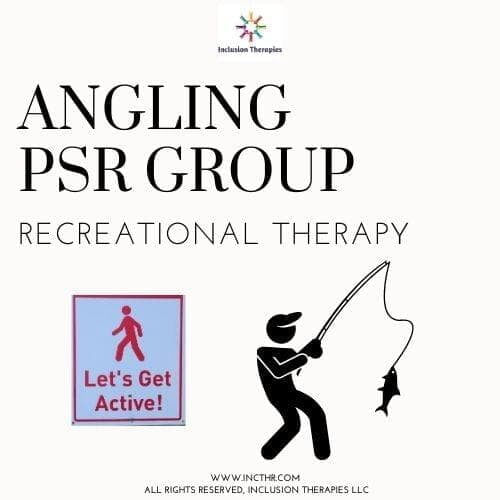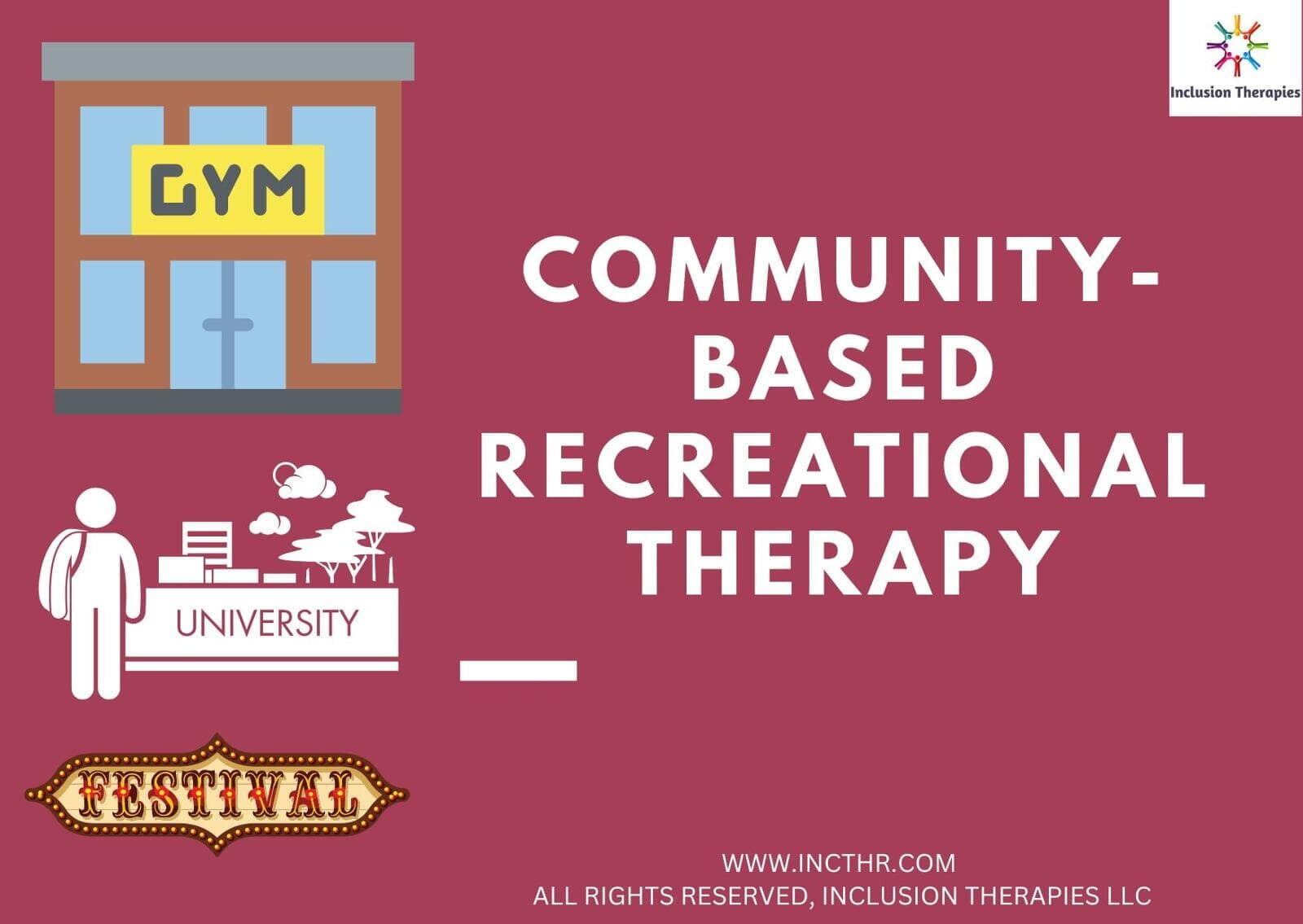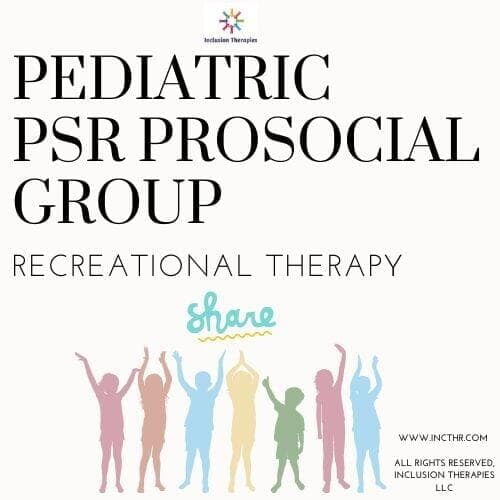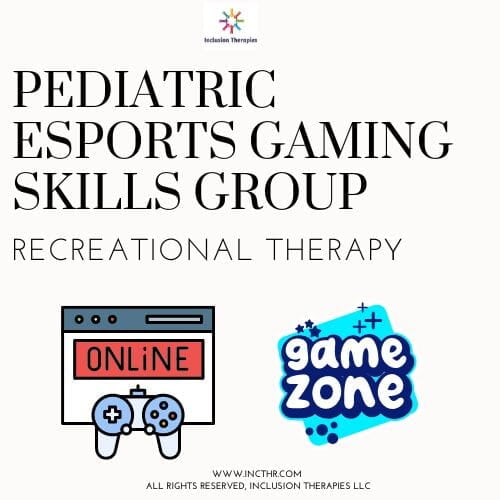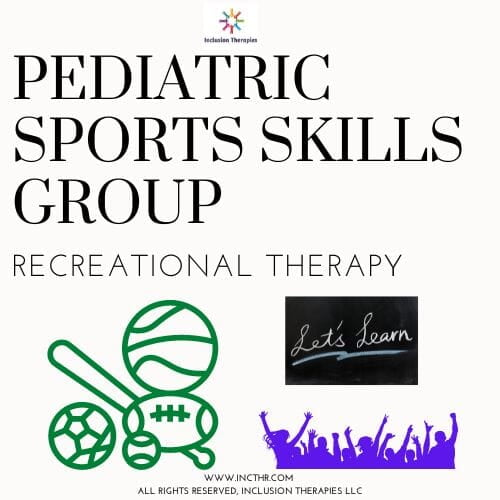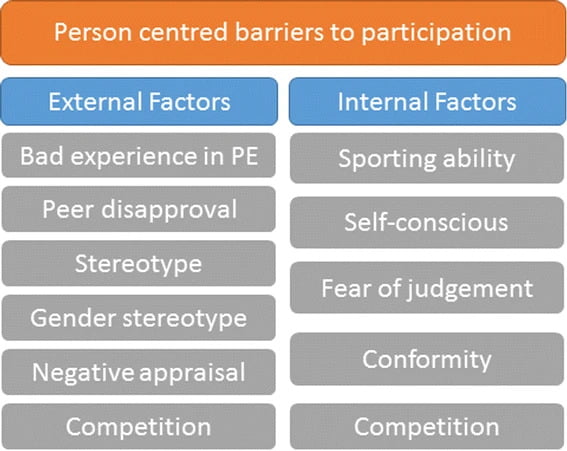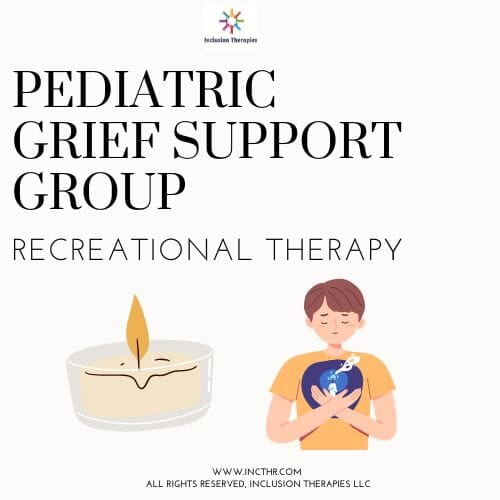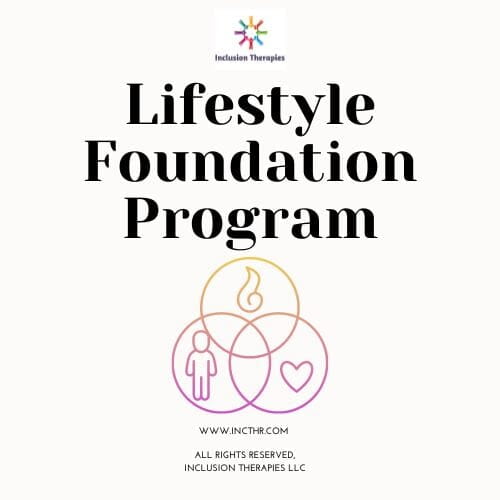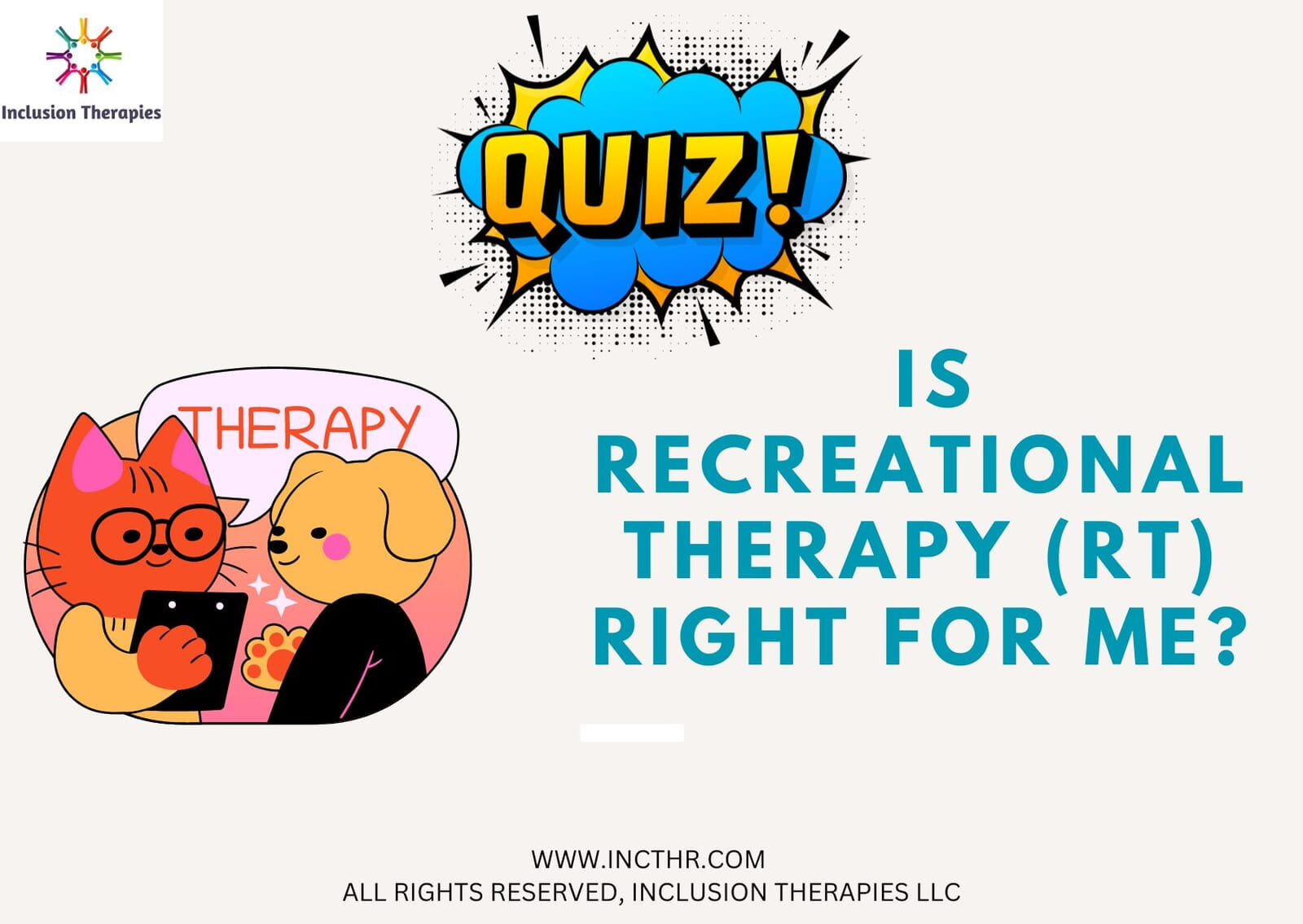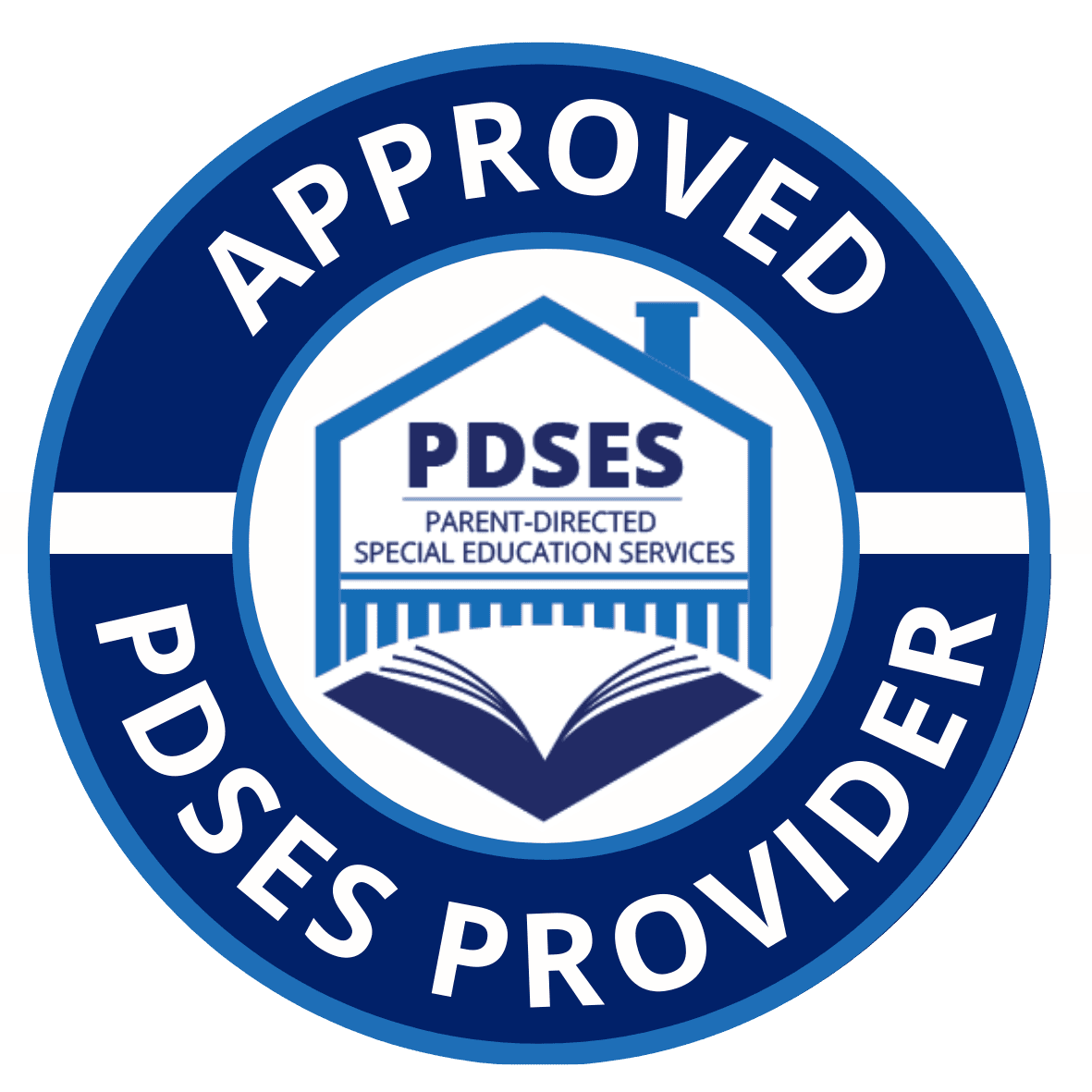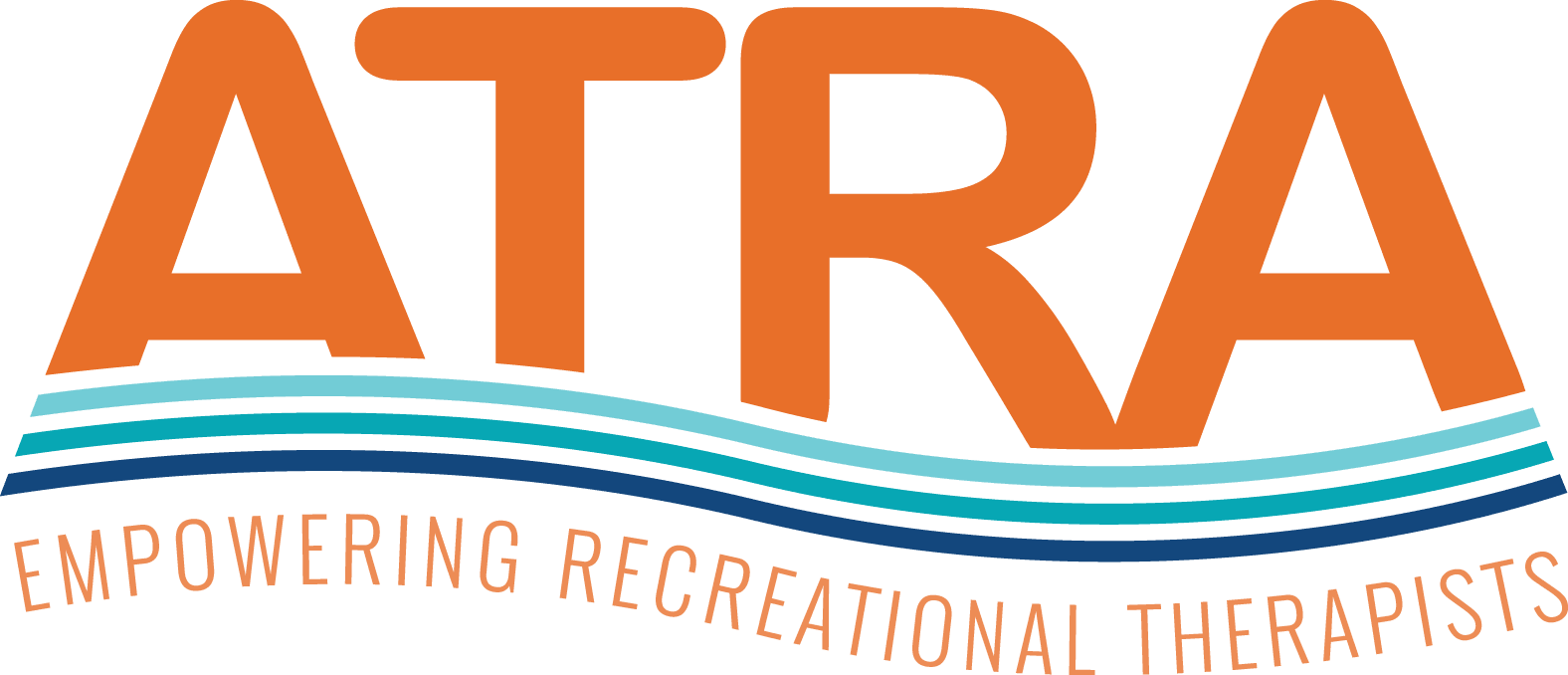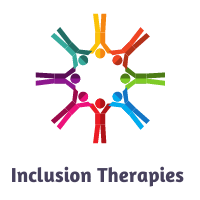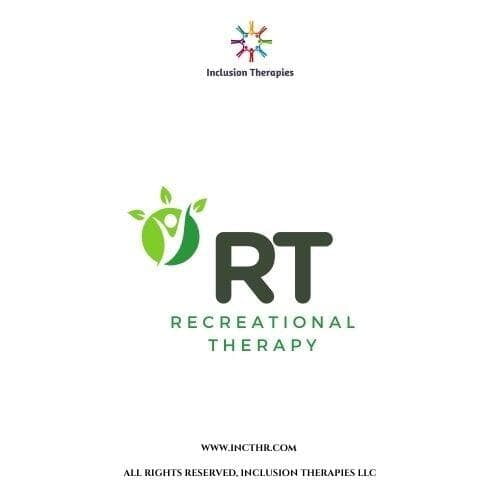
Treatment Formats
To Start Individual, Relationship or Collective Recreational Therapy:
1. Sign up for membership (which includes automatic enrollment in the Lifestyle Foundation Program).
Private Sessions
Private Session =
- Therapy for an individual; or
- Two people in a relationship that they did create (friend, etc.) or did not create (family, neighbor, sports team, workplace, etc.); or,
- Small collective group (maximum of 4) in a relationship (family, friendship, sports team, workplace, etc.).
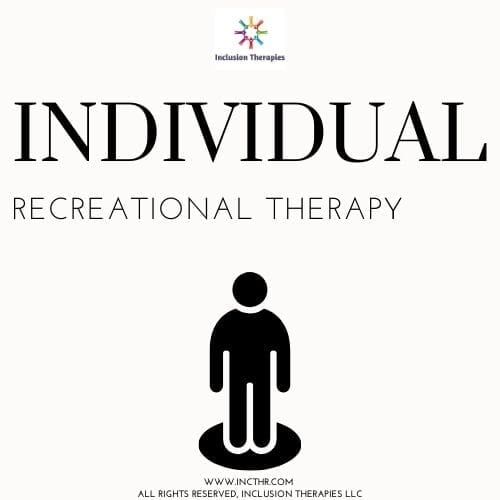
Who? You and treatment team staff.
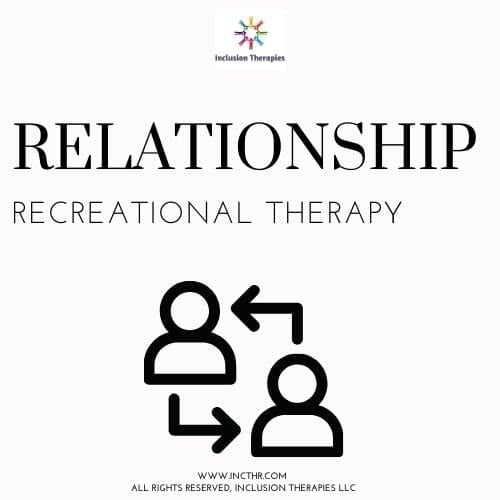
Who? You + a person you are in a relationship with that you did not create (family, sports team, workplace, etc.) and treatment team staff.
What? Recreational Therapy to treat conditions impacting functionality of mental/behavioral health or progress towards peak wellness.
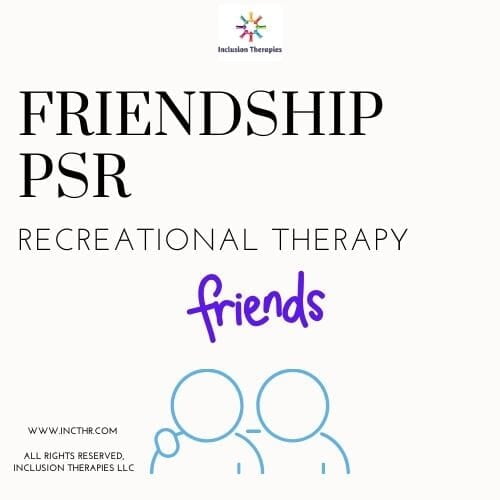
Who? You + a person you are in a relationship that you did create (your friend) and treatment team staff.
What? Recreational Therapy to treat conditions impacting functionality of mental/behavioral health or progress towards peak wellness.
If you have a relationship that is meaningful to you that needs support in achieving optimal outcomes, we are here to help.
Business Owners, Co-workers, Dating, Divorced, Engaged, Friends, Married, Neighbors, Relatives, Roommates, Siblings, Sports teammates, Work Teams or any other important relationship in need of assistance
(2- 4 individuals in the session and should be on shared membership plan).
We are here to explore pathways for progress together.
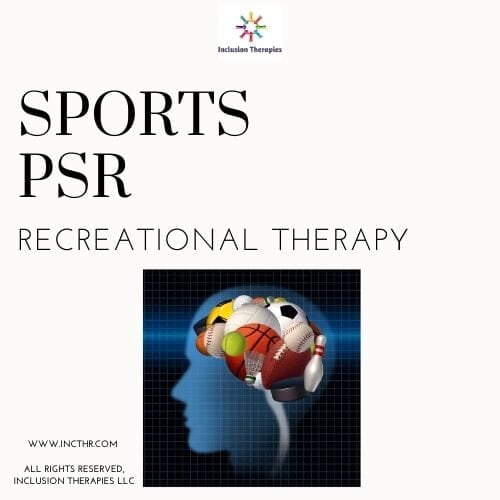
Who? You + up to three people you are in a sports team relationship with and treatment team staff.
What? Recreational Therapy to treat injury or conditions impacting functionality of physical, mental/behavioral health or progress towards peak wellness.
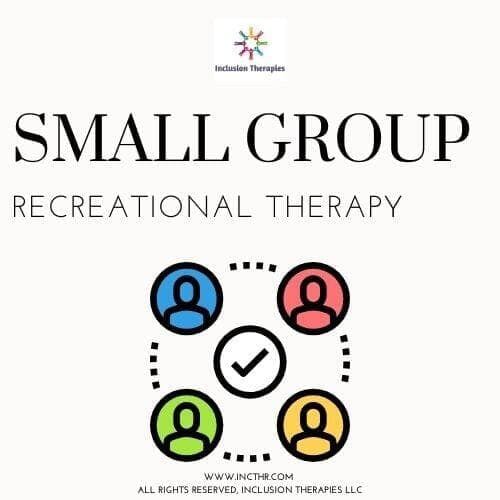
Who? You + up to three people you are in a relationship with that you did not create (family, workplace, etc.) and treatment team staff.
What? Recreational Therapy to treat conditions impacting functionality of mental/behavioral health or progress towards peak wellness.
Optional Groups
Group Session = Recreational Therapy for members to participate in community events, share in specialized activities or support each other.
Groups are only available to members as optional services.
To start Group Recreational Therapy:
1. Sign up for membership (which includes automatic enrollment in the Lifestyle Foundation Program).
2. In your first session Assessment, share with the Recreational Therapist that you want to join one or more optional groups.
3. After your Assessment, you will schedule the optional groups that you want to attend. Maximum of four groups per subscription per month.
Adult Groups
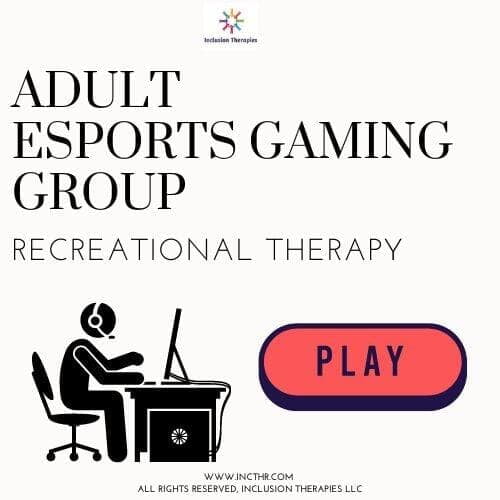
ONLINE FORTNITE GROUP
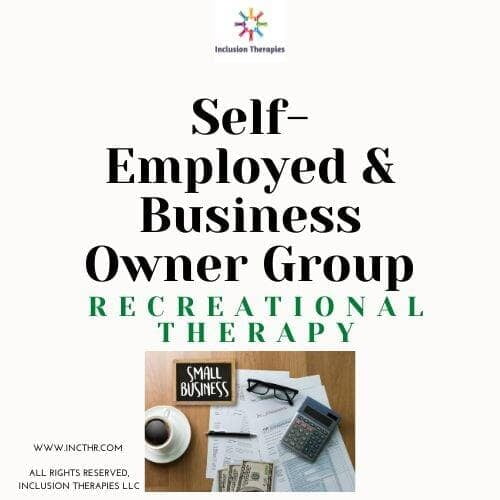
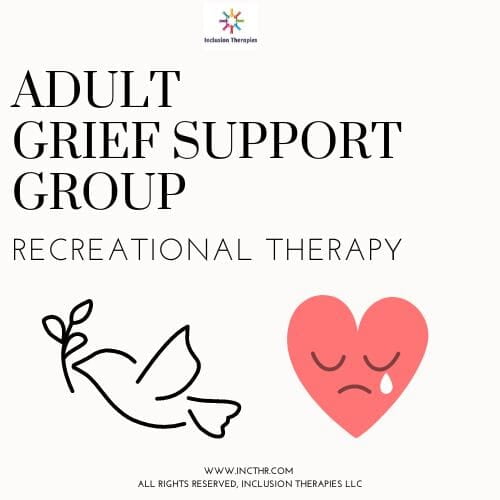
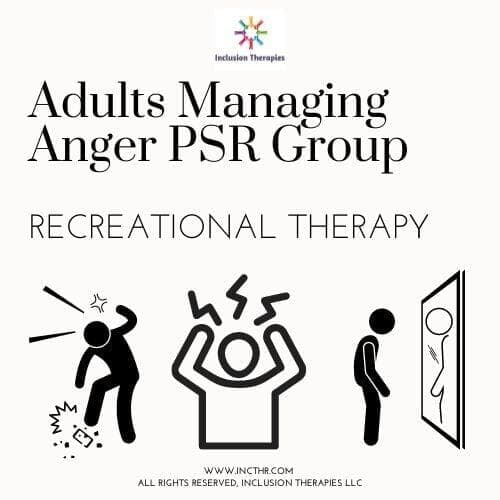
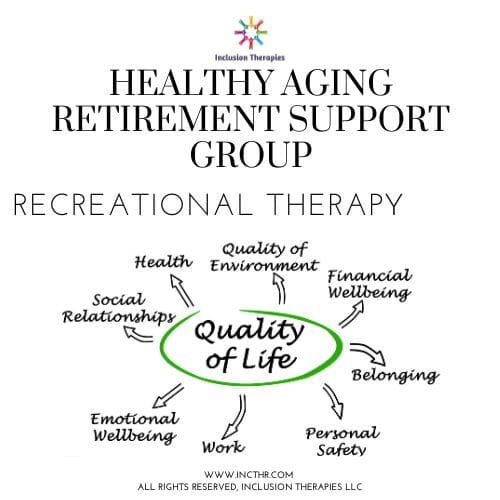
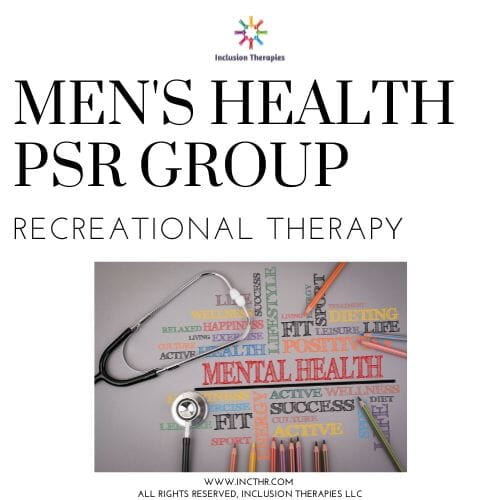

- The National Institute of Health reports that "roughly one in thirteen" US adults experiences "inappropriate, intense, or poorly controlled anger" that "interferes with work, school, or social relations."
- This group is for those individuals experiencing loss of control of anger to learn how to manage their emotional regulation and stress response systems. They will then gain control of their behavior and their lives. Causes of anger, impacts of loss of control of anger and solutions are explored in this group. As per the specialized field of Recreational Therapy, attendees will engage in leisure activities during these group sessions (e.g., games, etc.).
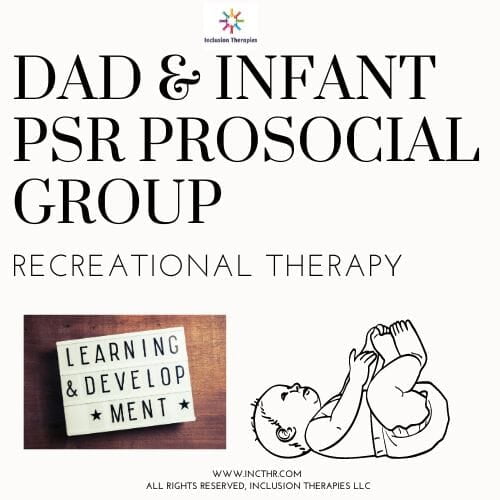
- This group is to support and enhance father and infant interaction as, "Father-infant bonding is important for child development." The benefits of a strong relationship last longer than childhood as "a strong father-son bond forged during childhood may help men deal with everyday stress later in life."
- In the research article, "What about dad? Psychosocial and mental health issues for new fathers," evidence shows that "the father-infant relationship is influenced by the partner relationship as well as the fathers psychological wellbeing."
- Also, "Results indicate that father–child interactions, even from a very young age (i.e., 3 months) may influence children's cognitive development. [...][T]he association between paternal interactions and cognitive outcome is evident at a very early age; therefore, putting preventive measures in place in early infancy to support fathers to better interact with their children is of immense importance."
- "Pregnancy has been described as the most difficult period in terms of psychological adjustment for fathers (Condon, Boyce, & Corkindale, 2004; Genesoni & Tallandinin, 2009)."

- Men and women have similar mental health issues, yet men are less likely to receive help than women.
- In this group we focus on general life challenges (e.g., family, finances, work, physical health, emotional health and wellness) with techniques for stress management, coping skills, anxiety and emotional regulation management.
- As per the specialized field of Recreational Therapy, attendees will engage in leisure activities during these group sessions (e.g., games, etc.).
Pediatric Groups
This is a group provided for our under 18 client members.
The purpose of this group is to support the psychosocial development of minors, specifically the enhancement of their prosocial behavior.
- Psychosocial Rehabilitation (PSR) is treatment to improve the quality of life for individuals.
- Psychosocial Rehabilitation (PSR) is treatment to improve the quality of life for individuals.
Access to sign-up for optional available groups is included with each active monthly membership subscription to Inclusion Therapies (maximum of 4 groups per subscription per month).
- "In a digital milieu, it is impractical to place ‘digital natives’ in a ‘de-electronic gaming vacuum’, given that a negligible fraction of children aged 1–13 have never engaged with electronic media[.]
- [...] Effective parental regulation transcends mere monitoring of the environment and playtime and requires adhering to age-appropriate media consumption guidelines. For example, the American Academy of Pediatrics advocates limiting high-quality media exposure for children aged 2–5 to one hour daily while encouraging parental co-viewing and guidance[.]
- [...] The prudent selection of age-appropriate content constitutes a pivotal aspect of this responsibility. This selection should align with guidelines from reputable organizations such as the Entertainment Software Rating Board (ESRB) while also considering insights into the suitability of games for different age groups, which can be obtained from mobile download platforms like the Apple Store[.]"
This is a group provided for our under 18 client members who have a healthy engagement with video games.
This group is to teach minors who don't have the skills to socialize with peers in digital settings the basic rules of some electronic games and support their development of prosocial behavior within the games itself (e.g., following rules, sharing, encouragement, etc.).
- Xu K, Geng S, Dou D, Liu X. Relations between Video Game Engagement and Social Development in Children: The Mediating Role of Executive Function and Age-Related Moderation. Behav Sci (Basel). 2023 Oct 11;13(10):833. doi: 10.3390/bs13100833. PMID: 37887483; PMCID: PMC10604845.
- Prosocial behavior is voluntary behavior intended to benefit another. "It is the opposite of “antisocial” behavior such as bullying, denigrating, or cheating."
- "Esports are video games that are played in a highly organized competitive environment. These games can range from popular, team-oriented multiplayer online battle arenas (MOBAs), to single player first person shooters, to survival battle royales, to virtual reconstructions of physical sports." - Harvard International Review
- “Social development” refers to the unique psychological characteristics of an individual that are formed on a physiological basis as they participate in social life and interactions. This term encompasses adherence to societal norms, emotional stability, social awareness, familial bonds, and peer relationships[.]"
The purpose of this group is to support the psychosocial development of minors, specifically the enhancement of their prosocial behavior by the use of esports electronic gaming.
- Psychosocial Rehabilitation (PSR) is treatment to improve the quality of life for individuals.
- "[O]nline multiplayer games supported social interactions through modes, such as speech, writing and gesture, and within physical and virtual spaces. The analysis revealed that online multiplayer games provided platforms for the students to use speech to engage in reciprocal conversations, to share information, to make requests, to give commands and to direct others. Additionally, screen-based written texts were used to attract the attention of others, send messages, communicate rules and maintain engagements with others within the students’ physical and virtual worlds. Furthermore, the findings showed that online multiplayer games supported the students’ uses, interpretations and mirroring of gestures for social interactions. "
- - Stone, B. G., Mills, K. A., & Saggers, B. (2018). Online multiplayer games for the social interactions of children with autism spectrum disorder: a resource for inclusive education. International Journal of Inclusive Education, 23(2), 209–228. https://doi.org/10.1080/13603116.2018.1426051
- "Cardiovascular health appears to benefit from esports, with an increase in physical activity with use, but is not at the level of replacing traditional sports."
- - Seffah KD, Salib K, Dardari L, Taha M, Dahat P, Toriola S, Satnarine T, Zohara Z, Adelekun A, Ahmed A, Gutlapalli SD, Patel D, Khan S. Health Benefits of Esports: A Systematic Review Comparing the Cardiovascular and Mental Health Impacts of Esports. Cureus. 2023 Jun 20;15(6):e40705. doi: 10.7759/cureus.40705. PMID: 37485153; PMCID: PMC10361539.
- - Stone, B. G., Mills, K. A., & Saggers, B. (2018). Online multiplayer games for the social interactions of children with autism spectrum disorder: a resource for inclusive education. International Journal of Inclusive Education, 23(2), 209–228. https://doi.org/10.1080/13603116.2018.1426051
- - Seffah KD, Salib K, Dardari L, Taha M, Dahat P, Toriola S, Satnarine T, Zohara Z, Adelekun A, Ahmed A, Gutlapalli SD, Patel D, Khan S. Health Benefits of Esports: A Systematic Review Comparing the Cardiovascular and Mental Health Impacts of Esports. Cureus. 2023 Jun 20;15(6):e40705. doi: 10.7759/cureus.40705. PMID: 37485153; PMCID: PMC10361539.
Access to sign-up for optional available groups is included with each active monthly membership subscription to Inclusion Therapies (maximum of 4 groups per subscription per month).
This is an optional group provided for our under 18 client members (sign up based on availability).
Research shows that some children don't participate in sports due to personal barriers.
This skills group is intended to address those issues.
- NOTE: This is NOT a competitive team.
- This is a skills group where all abilities and backgrounds are able to learn how to play sports without fear of being "good enough."
The purpose of this group is to support the psychosocial development of minors by enhancing their ability to participate in sports. Attendees will be taught basic skills of several different sporting games.
Personal barriers to children’s participation in sport.
Somerset, S., Hoare, D.J. Barriers to voluntary participation in sport for children: a systematic review. BMC Pediatr 18, 47 (2018). https://doi.org/10.1186/s12887-018-1014-1
- Studies have shown that, "It is recommended that community sport participation is advocated as a form of leisure time PA [Physical Activity] for children and adolescents, in an effort to not only improve physical health in relation to such matters as the obesity crisis, but also to enhance psychological and social health outcomes. "
- Also, "Social interactions and feelings of relatedness with others are inherent aspects of team sport participation. Consequently, it is not surprising that involvement in organized youth team sport has been associated with better mental health[.]"
- Clients may choose to join team sports in the future or they may use the knowledge and acquired skills to enhance their ability to interact with peers in relation to sports (as a fan, etc.).
- In this group, clients will also develop and enhance their prosocial behavior and social development.
Access to sign-up for all available optional groups is included with each active monthly membership subscription to Inclusion Therapies (maximum of four groups per subscription per month).
This is an optional group provided for our under 18 client members (sign up based on availability).
The purpose of this group is to support the principle that "no child should grieve alone."
- Studies have shown that, "Bereavement has been shown to increase the risk for mental health problems, such as depressive symptoms and major depressive episodes[...] and anxiety-related disorders[.]"
- Also, "[S]hared experience allows for normalization and offers a nonjudgmental place to share stories, discuss difficulties come together as a family, and create a support network. These findings highlight the value of therapeutic recreation-based bereavement interventions for families[.]"
Access to sign-up for all available optional groups is included with each active monthly membership subscription to Inclusion Therapies (maximum of four groups per subscription per month).
FAQ: Recreational Therapy Services
Not Available for Legal Matter
Recreational Therapy services for legal cases or matters are outside the scope of practice and are not provided.
We have no information or relationship with these providers and share them as a courtesy - https://ndassessments.com/ or https://www.texascarecenter.com/services/evaluations-and-assessment.html .
To prevent conflicts of interest, maintain confidentiality and comply with our code of ethics, our role and scope of competency as recreational therapist provider does not include any agreement (express or implied) for any involvement (including but not limited to providing opinion or recommendation regarding a client for use in a legal matter, and/or to offer views, analysis, reports or testimony) in any legal matter.
Therefore, we do not provide Recreational Therapy to any individual, relationship or small group that is seeking services in support of a legal case or who is actively involved in any legal case (there is a pending or open legal case and/or government agency action).
We do not provide any services related to legal cases including but not limited to, emotional support animal(s), divorce, custody, visitation, guardianship, involuntary commitment, protective orders, restraining orders, paternity, Child Protective Services (CPS), Adult Protective Services (APS), court ordered therapy (e.g., anger management, parenting, family violence, sex offender, substance use disorder, etc.), civil litigation, trust disputes, accident, workplace compensation, wrongful termination, workplace discrimination, probate or any other pending or active litigation (or related matter) and/or government agency action.
To prevent conflicts of interest, maintain confidentiality and comply with our code of ethics, our role and scope of competency as recreational therapist provider does not include any agreement (express or implied) for any involvement (including but not limited to providing opinion or recommendation regarding a client for use in a legal matter, and/or to offer views, analysis, reports or testimony) in any legal matter.
Therefore, we do not provide Recreational Therapy to any individual, relationship or small group that is seeking services in support of a legal case or who is actively involved in any legal case (there is a pending or open legal case and/or government agency action).
We do not provide any services related to legal cases including but not limited to, emotional support animal(s), divorce, custody, visitation, guardianship, involuntary commitment, protective orders, restraining orders, paternity, Child Protective Services (CPS), Adult Protective Services (APS), court ordered therapy (e.g., anger management, parenting, family violence, sex offender, substance use disorder, etc.), civil litigation, trust disputes, accident, workplace compensation, wrongful termination, workplace discrimination, probate or any other pending or active litigation (or related matter) and/or government agency action.
If litigation and/or government action arises during the course of services, we will pause the membership (stopping all services and charges) until the time of receipt of confirmation that the legal matter is fully resolved (dismissed with prejudice, exhausted all appeals, etc.) at which time the membership may resume.
- Add minor children under 18 for an additional $49 per month per child (to share one membership together).
- Add adults over 18 for an additional $99 per month per adult (to share one membership together).
All New Members are Enrolled in our Lifestyle Foundation Program
The program is 2-6 months (based on client goals and plan) and is paid via monthly membership subscription.
Members may pause or cancel membership subscription at any time
(cancellation effective at the conclusion of their current prepaid month).
"Health care extends beyond pills and medical devices."
- Baker, D. L., & Dye, C. (2017). Prescribing Experience: Discussion of Recreational Therapy as Health Care. Journal of Disability & Religion, 21(3), 296–318. https://doi.org/10.1080/23312521.2017.1326875
